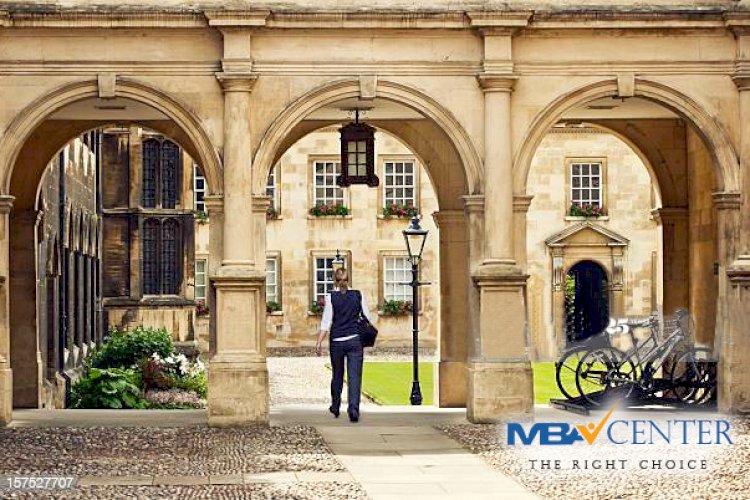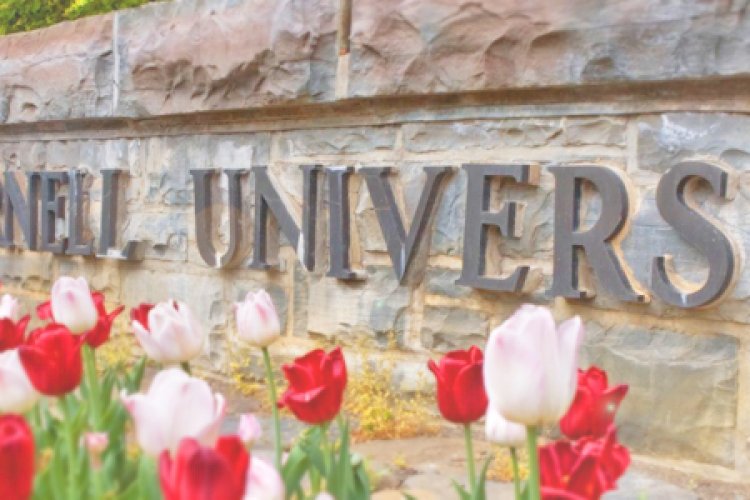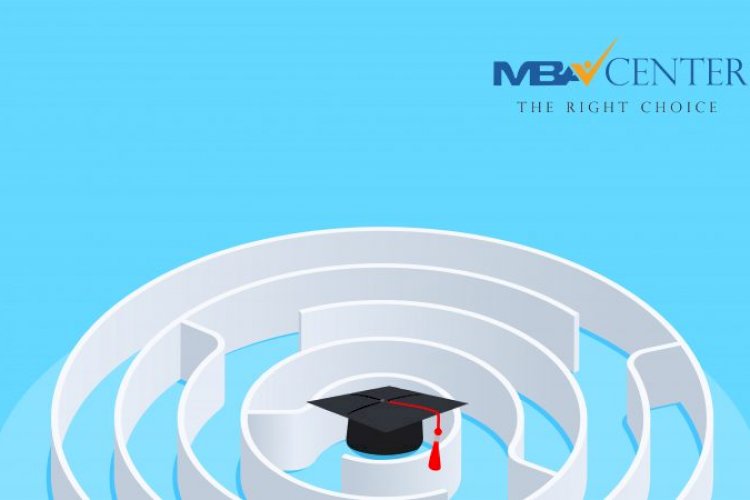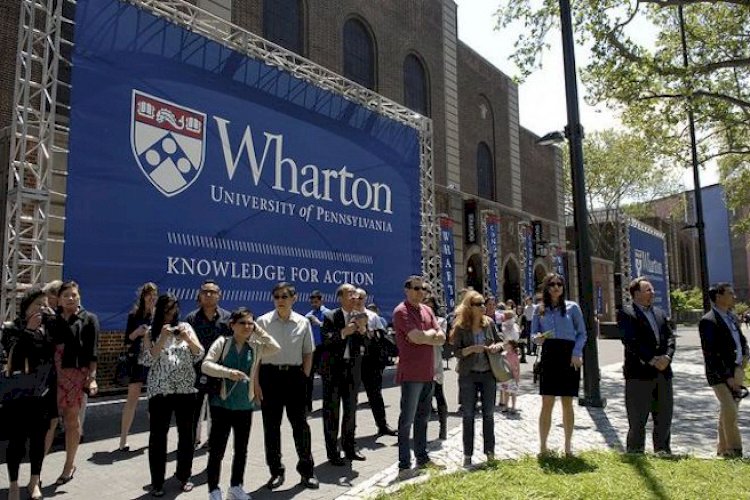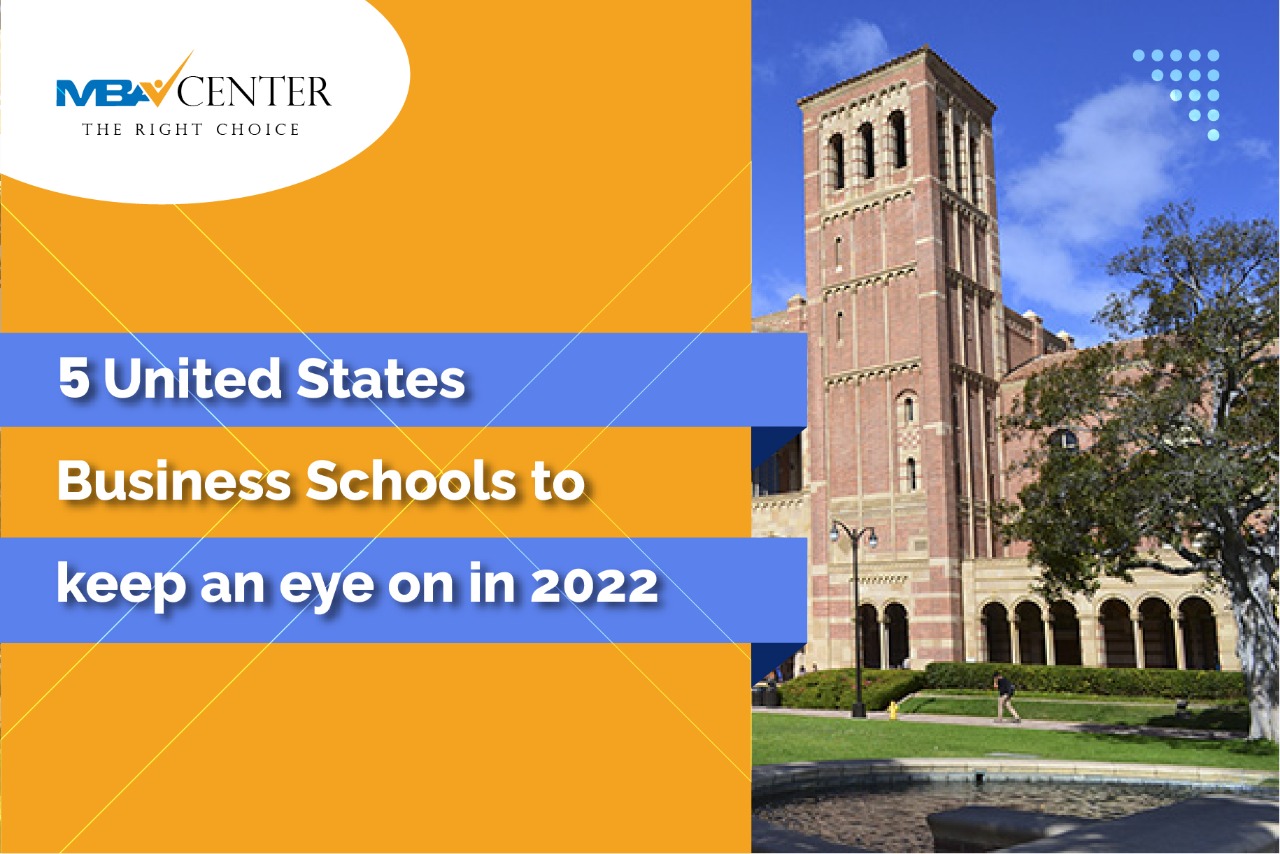
Business schools are stepping up in the United States. Students are the clients in business schools because tuition does not cover all expenses. The long-term play for schools is positive word of mouth and continuing involvement. The most outstanding schools anticipate market demands and keep their commitments to accomplish these goals. A few Business schools preach innovation, and they practice it. They listen, invest, and improve, always putting the student first. This year, Wharton, Georgetown, USC, and Washington University are among the established institutions because they all share one value: an unwavering dedication to student pleasure and success in every way possible.
1. The University of Southern California, Marshall School of Business
USC Marshall was ranked, for the first time, in the undergraduate business school rankings in January. Overall, it came in third place, and it wasn't as if the school suddenly showed up.
USC Marshall has traditionally been considered one of the best undergraduate business programs in the country. This year, the institution qualified for the list by receiving a minimum of 10% alumni survey responses. Notably, USC Marshall received the eighth-highest composite score for alumni experience, a set of 17 alumni satisfaction survey items ranging from advising to networking to extracurricular activities.
2. The University of Pennsylvania's Wharton School
The Wharton School has topped P&Q's undergraduate business school rankings for the fifth year. Wharton attracts the most outstanding students, who produce the best results, awarding their alma school straight A's. Wharton is the model for how a business school should be operated; they are the ones that their peers strive to be. It isn't perfect, but it's close to great in almost every way.
3. Kelley School of Business, Indiana University
Kelley introduced the I-Core curriculum in the 1960s, and its what grads talk about at reunions and on Facebook threads about Kelley's defining experience. In a word, I-Core — which stands for Integrated Core — is a four-course block that student’s study during their junior year. It focuses on topics that business students learned in their requirements during this time. I-Core requires student teams to dive deep into cross-functional business issues and is jam-packed with real-time, hands-on projects.
4. Goizueta Business School at Emory University
It went from 16th to 11th place. Of course, the progress was not without its drawbacks. After all, they were only one index point short of beating Georgia Tech's Scheller College in Midtown, five miles away.
What is Goizueta's key to success? Consider how its composite scores have improved over time. Goizueta was ranked 14th in admissions last year, based on several factors such as acceptance rates, average undergraduate GPAs, and average SAT and ACT scores. The school went to 11th this year. Goizueta rose from 24th to 16th in the employment category, covering compensation and placement. The school's alumni experience index score improved from 31st to 27th, based on survey responses from 2019 alumni.
5. Neeley School of Business, Texas Christian University
Would Neeley be recommended to a close friend by graduates? That might be the "ultimate test" of student satisfaction. The school received a 9.8 out of 10 in this category, the second highest among the 94 undergraduate business programs. In addition, the program received the 8th highest grade for a degree that was worth the money and time. A Neeley business degree, without a doubt, attracts the correct kind of attention in the job market. Neeley placed 7th in helping business graduates rise in socio-economic positions, with alumni giving the institution a 9.12 rating for assisting them in achieving their ideal career.
Also read: Think of the SAT as an academic resume
 MBA Center Global
MBA Center Global 









